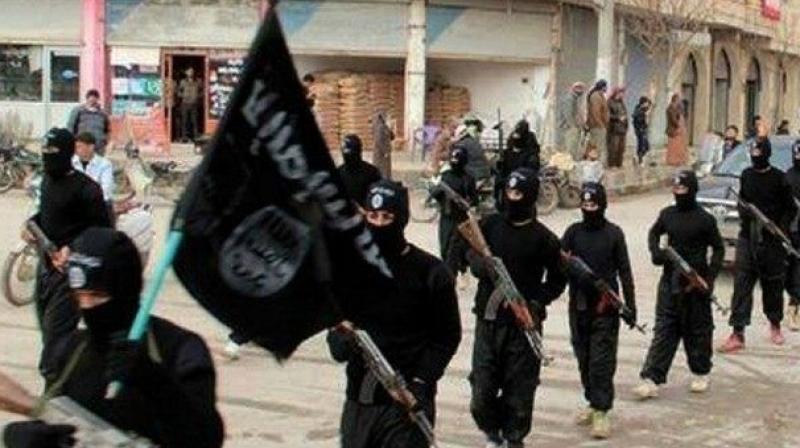ISIS reach goes beyond caliphate

Paris: The devastating bomb attacks in Sri Lanka, claimed by Islamic State jihadists, show that the influence of the group's extremist ideology remains dangerously intact even after the collapse of its so-called caliphate in Iraq and Syria, experts say.
Over 320 people were killed in a string of deadly suicide bomb blasts on Easter Sunday in Sri Lanka targeting churches and luxury hotels. Colombo said it believes that the little-known Islamic extremist group National Thowheeth Jama'ath was behind the attacks.
But it has also suggested that a bigger international group helped plan the carnage as “retaliation” for shootings at two mosques in New Zealand last month that killed 50 people.
On Tuesday, a statement released by the Islamist State (IS) propaganda agency Amaq said the attackers were “fighters” from the terror network. Zachary Abuza, professor at the National War College in Washington, said the Sri Lanka attacks were a warning of a new jihadist strategy following their military defeat in Iraq and Syria. “I would say that what we saw in Lanka is a new front being opened in the global jihadi insurgency,” he said.
He said IS was still able to inspire attacks and give militants anywhere in the world a sense of “urgency”. “Anyone can act in the Islamic State's name, and they will take credit for it,” Abuza said.
Rohan Gunaratna, a security expert with the S. Rajaratnam School of International Studies in Singapore, told AFP he believed NTJ was indeed now linked to IS.
“IS has created support groups around the world,” he said, adding that some NTJ members were radicalised by the local group then joined IS.

